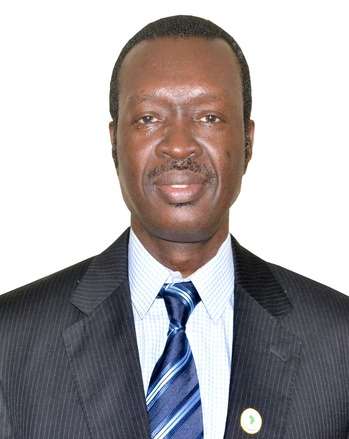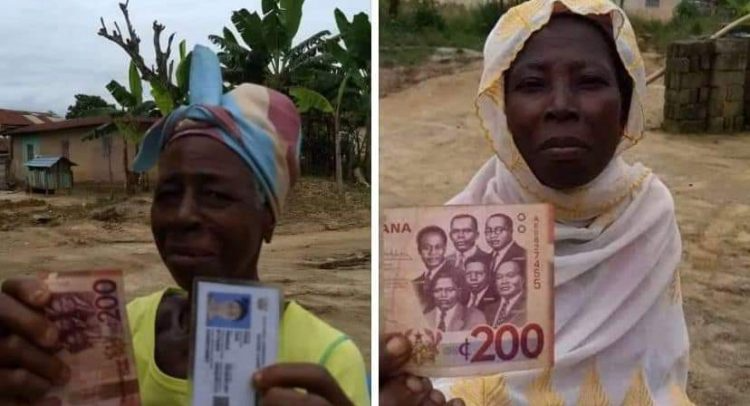In the evolving landscape of Ghanaian politics, campaign financing and vote buying have come under increased scrutiny by anti-corruption advocates.
The African Union Board Against Corruption Mr. Edem Senanu has been particularly vocal about these issues. Mr. Senanu’s criticism targets the opaque nature of political party financing, the inefficacy of legal frameworks, and the potential influence of campaign donations on governance. His insights highlighted the urgent need for reforms to ensure transparency and accountability in the political process.
Mr. Senanu emphasized the lack of transparency in political party financing. Despite the existence of electoral laws.
“We don’t have clarity on the sources of funding, and how much they are spending within the electoral campaign seasons, which we know dovetails into the various levels of corruption we see when they get into power.”
Mr. Edem Senanu member of African Union Board Against Corruption
This opacity breeds corruption, as political parties feel obligated to repay donors once they assume office.
Mr. Senanu pointed out that the absence of transparency in campaign financing leads to a vicious cycle of political corruption. When political parties are not held accountable for their campaign financing, they resort to dubious methods to recoup the money spent during elections.
“They have to pay off whoever has supported them. So, it is a major issue, and, surprisingly, it hasn’t been one of the key things in the manifesto discussions.”
Mr. Edem Senanu member of African Union Board Against Corruption
This cycle of political patronage hinders national development and undermines the democratic process. Another significant concern raised by Mr. Senanu is the rampant vote buying in Ghanaian elections.
“Specific items are offered, and it happens quite often, whether it’s TVs, outboard motors, money, all kinds of goods and services that are offered.”
Mr. Edem Senanu member of African Union Board Against Corruption
The practices compromise the integrity of the electoral process and subvert democracy. Mr. Senanu argued that reforms are needed to ensure that individuals and political parties caught engaging in vote buying face significant consequences. He noted; “We need to strengthen the legal framework, especially when it comes to the sanctions regime.”
Mr. Senanu also suggested the establishment of specialized anti-corruption courts that could expedite the prosecution of election-related offenses. Mr. Senanu stressed the need for reforms in Ghana’s electoral laws. Mr. Senanu highlighted that while there have been video clips and other evidence capturing instances of vote buying, the current legal framework does not provide sufficient grounds for prosecution.
“The electoral laws need some reform to provide stronger capacity for the courts to rule in these circumstances.”
Mr. Edem Senanu member of African Union Board Against Corruption
According to Mr. Senanu, strengthening the legal framework would serve as a deterrent and help restore public confidence in the electoral process. Promoting Development over Material Promises, Senanu is also critical of politicians who engage in what he describes as “food buying,” where they make material promises in exchange for votes.
Mr. Senanu believes that parliamentary candidates and other politicians should focus on presenting development ideas and strategies, rather than offering goods or services to sway voters. “What we’re expecting [is for] parliamentarians to focus on the development ideas and strategies they intend to deploy. It is not to say, we are going to offer you some good, some service,” he remarked. Mr. Senanu warns that such practices undermine national development and reduce elections to mere transactions.

Campaign Financing and Corporate Influence
Mr. Senanu’s recommendations for addressing the influence of money in politics extend to corporate donations. Mr. Senanu suggested setting limits on the amounts that individuals and corporate entities can donate to political parties. By capping donations, political parties would be less beholden to their financiers and more focused on their policy platforms.
“If we said that the maximum that a citizen could give to a political party is 2,500 Ghana Cedis, and the maximum a corporate entity can give is 10,000 Ghana Cedis, these are not amounts that would compel a party to feel they owe a favor.”
Mr. Edem Senanu member of African Union Board Against Corruption
Ceiling on Campaign Donations
Moreover, Mr. Senanu argued that setting reasonable limits on campaign donations would encourage political parties to focus on making their manifestos and development agendas more appealing to a broader audience. He emphasized that; “It then compels political parties and political activists to make sure that they are thinking through what they are offering to the citizens.”
This shift would lead to greater public participation in the political process and reduce the influence of wealthy donors. Mr. Senanu’s critique of Ghana’s political financing and vote-buying practices underscores the urgent need for reforms. His calls for greater transparency, legal reform, and limits on campaign donations reflect a broader effort to address the systemic issues that undermine the country’s democracy. He reiterated; “There are ways in which we can think about this that hopefully could address the problem, but it will require serious attention.” As Ghana heads into future elections, the issues raised by Mr. Senanu will continue to be central to discussions about political accountability and governance.
READ ALSO; Tyla Wins Her First VMAs Award for Best Afrobeats



















